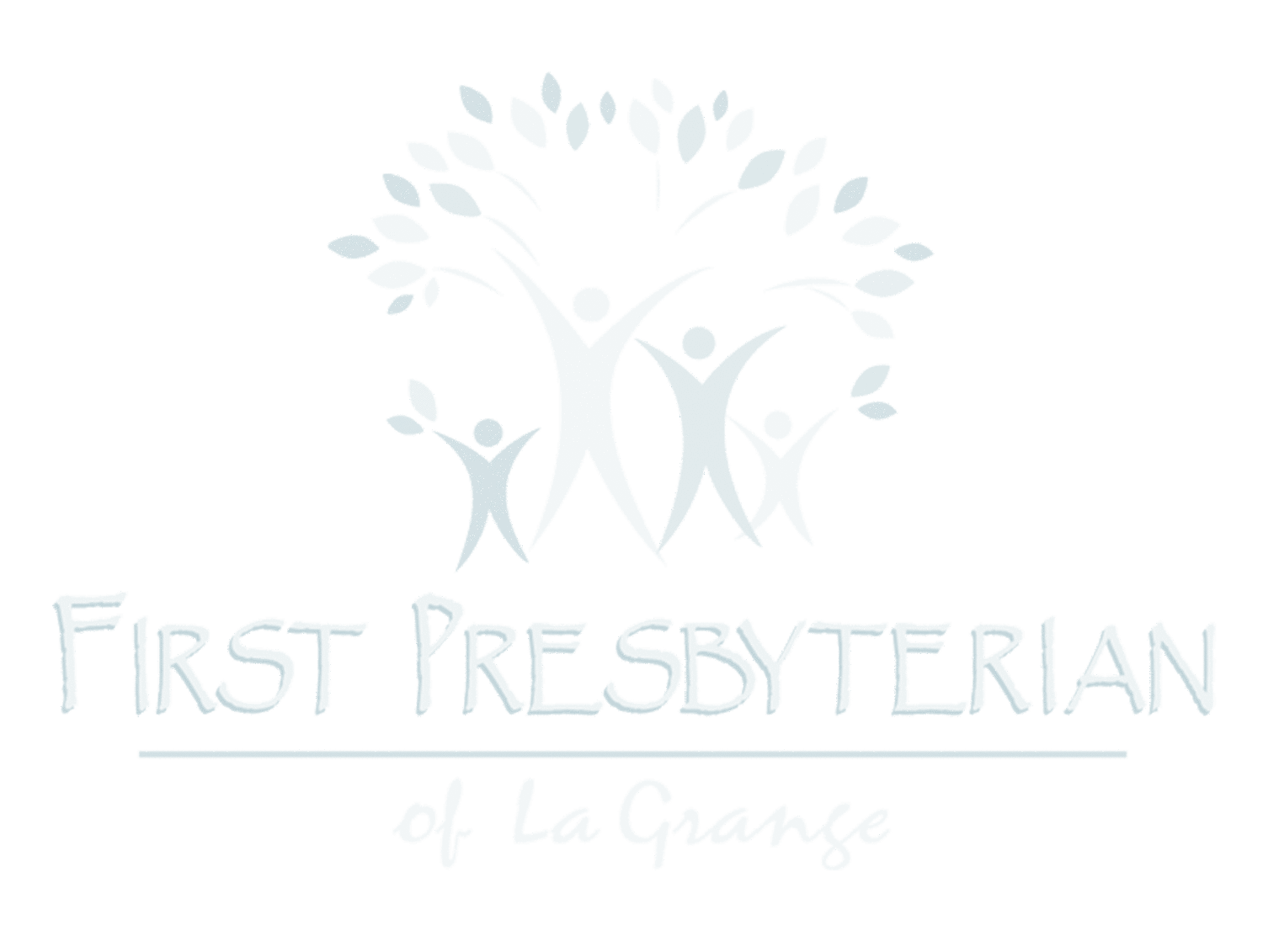Dear Fellow Travelers,
Dani and I figured out it had been a full year since we last visited Omaha to see Lottie, my mom. She’s 94 and needs a walker, but she still attends daily exercise class and, while she needs some assistance with buttons and the hand of an assistant to stabilize her in the shower, she gets along fairly well. My oldest sister, Linda, and brother, Mark, live in Omaha and do an excellent job providing regular company and attention to her care; they do so tirelessly with love and grace. If you ask Lottie what she does all day, her answer is quick—she will tell you she prays.
Deb, the director of nursing, chatted with us and confirmed the same. The facility has no religious affiliation, but whenever a resident or employee is experiencing a difficult time, Deb informs my mother of their need for prayer. “Not too much information,” added the nurse, aware that HIPPA applies even in the case of intercession, but asking Lottie to pray makes the nurse feel she is giving an extra level of care to her colleagues and patients. For her it is significantly more than giving a 94-year-old resident something to do. The visitation pastor from her church gives her the names of high school students in the youth group so she can pray for them during their meetings.
Prayer isn’t new for my mother; it isn’t some hobby she picked up to fill the time of her senior years. Growing up, I often saw Mom on her knees praying for missionaries around the world by name, for church members who were sick, for friends who were struggling and, of course, for her children. When I was young I thought it was quaint—Mom on her knees quietly interceding as if she could convince God to shift the consequences of natural forces. But now I’m less cynical; mom’s prayers have never been naïve or magical. She truly believes in the connections created by prayer, in the tenderness raised in the heart, created by the awareness of another’s need. If the outcome is sweet, prayer reminds her to give thanks to God; if the conclusion is disappointing, prayer reminds her to not fret, because even difficult outcomes remain in God’s hands.
For Lottie, prayer isn’t just something to do because she cannot drive, or read small print, or write notes; prayer is something she has been doing all along. It is the only activity she can enjoy with the same fervor she knew in her youth. For her prayer has never been a last resort when facing difficulty; it is always her first response to any situation. In her heart she keeps in touch with her five children, eleven grandchildren and seventeen great-grandchildren. Prayer connects her with youth she may never meet, congregations she will never visit, leaders who would most likely resent the direction of her petitions. In prayer my mother fights fires in the Northwest, brings relief to hurricane victims in the Caribbean and quells violent coups in Central Africa. Prayer isn’t something to do; it is a reason to be.
About a year ago, Lottie asked to be added to the e-mail prayer distribution list from FPCLG. If your name has been on that list, Lottie has prayed for you. In prayer this 94-year-old woman confined to an assisted living facility in Omaha is not constrained. Over the past year Lottie has prayed for TUXIS meetings and trips, for Faith Forest children and families, for our stewardship campaign and your pledge. She has prayed for every staff member and listed volunteer by name; she prays for the Presbyterian Women and our small groups, for the praise team and the choir, for our elders and our deacons; she prays every day for your pastor. I thought you would like to know.
Musing over the life-giving power of prayer, I remain, with love,
Jonathan B. Krogh
Your Pastor











Dear Musing Meanderers:
I’ve mentioned before how I seldom provide my sermons in print. This is due primarily to the fact that I believe oral and written communications are very different dialects. What listens well seldom reads well, and vice versa. But from time to time, I believe some sermon or meditation lends itself to essay form; such is the case with my Good Friday meditation from our ecumenical service this past April 18 at Plymouth Place.
What follows is a textual re-working of my remarks that evening. I trust it’s readable and is of some edification to you as you reflect on this year’s Holy Week.